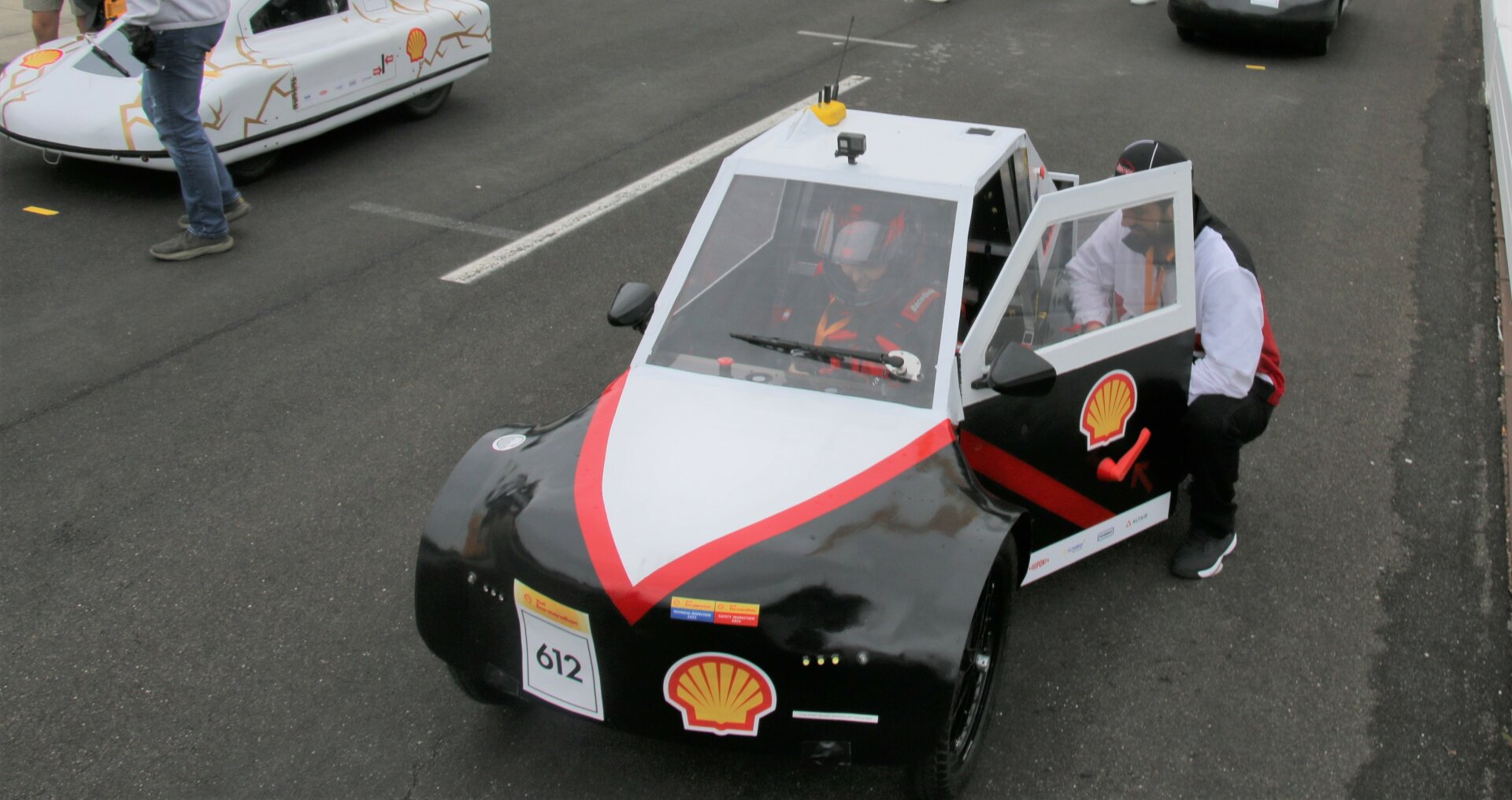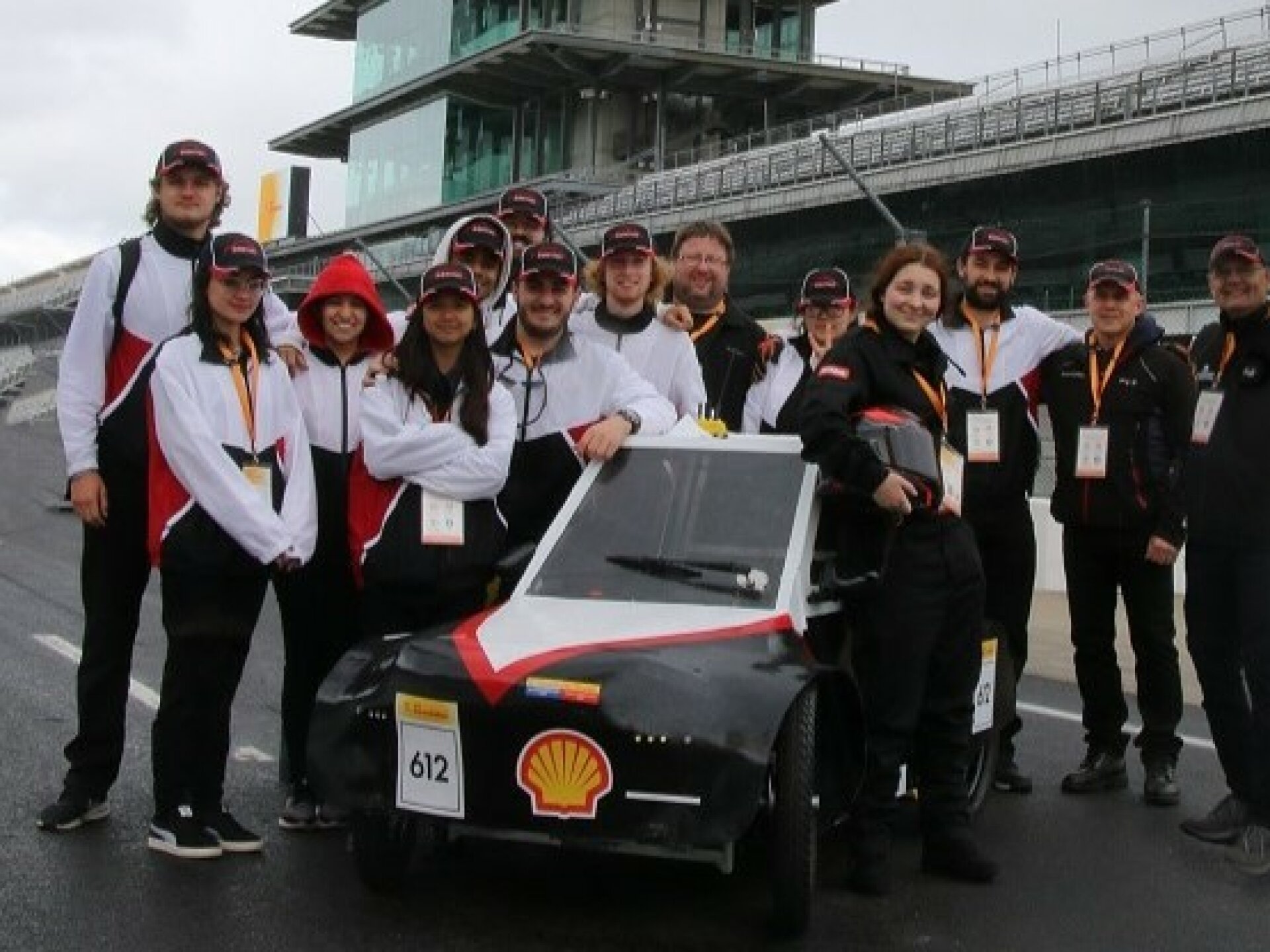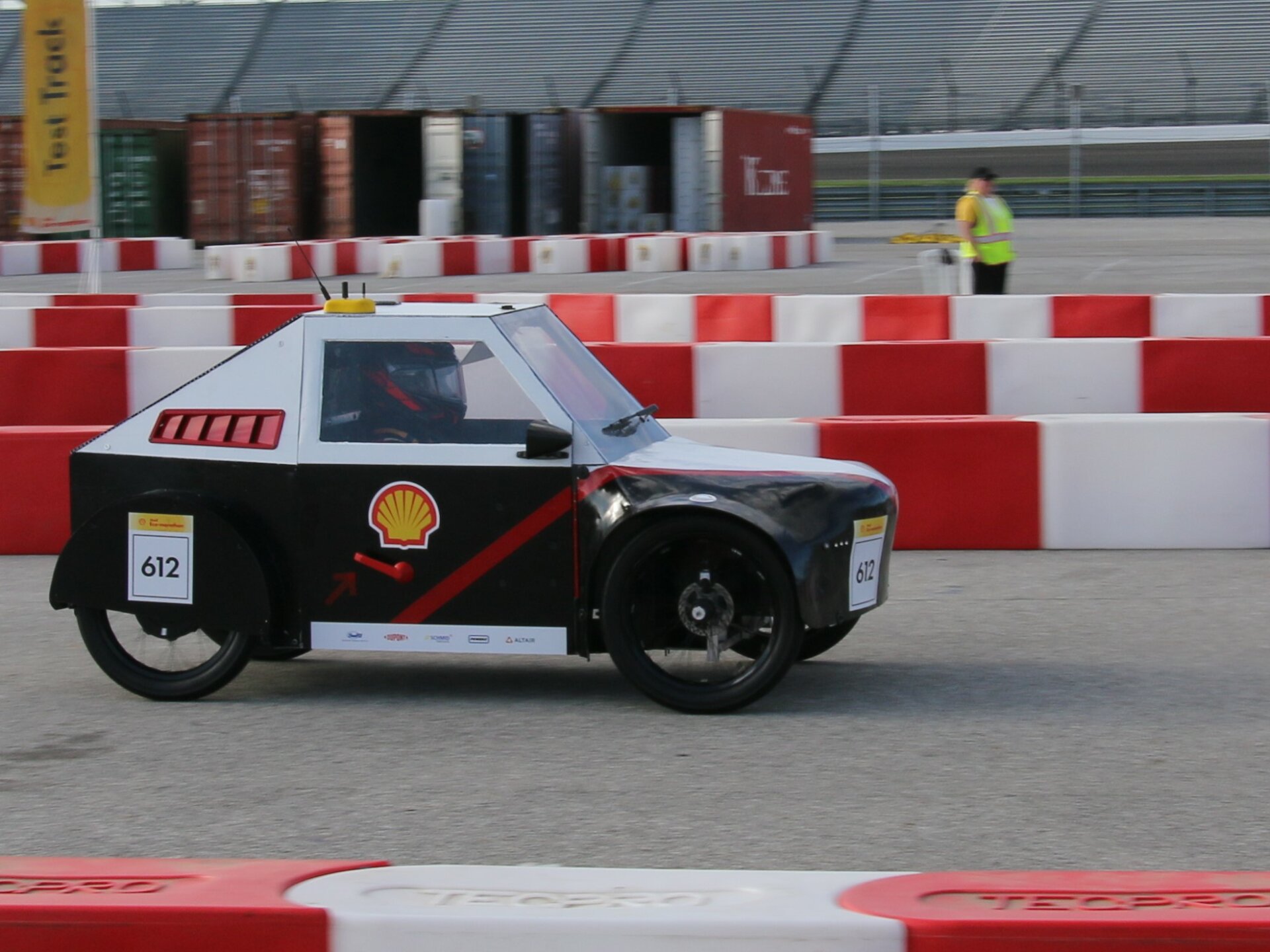The Story Behind a Pennsylvania College’s “Project INNOVA"

Montgomery County Community College sits on a quiet, leafy campus in the northern suburbs of Philadelphia, Pennsylvania. From the outside, one might be tempted to assume this educational institution is just like any other – with students following standard 2 or 4-year degrees and taking exams to gain college credit. While the standard “classroom” experience can be found at Montgomery County, a group of engineering students spend their time outside of class doing something audacious: figuring out how commuter transportation can be decarbonized.
This is the goal of the “INNOVA” program, an ongoing initiative at Montgomery County that challenges students to attempt to solve the problem of commuter transportation in an era of man-made climate change. Students under the direction of Professor William Brownlowe and Technical Advisor Griff Francis have worked for months on end in order to create a hydrogen-powered car capable of competing in the Shell Eco-Marathon, an annual competition that challenges student teams from around the world to design, build, and race energy-efficient vehicles.
“This project came out of conversations in engineering classes about how Commuter Transportation needs to be looked at from a very different perspective. It's too heavy, it's too grossly inefficient. And we need to look at technologies like hydrogen fuel cells more aggressively going forward”, said Professor Brownlowe. “We believe strongly in the concept of using hydrogen fuel cells for transportation, because they don't require a lot of extra equipment. They don't require a cooling system, or require transmission fluid changes. We use in-wheel motors, so we don't even require transaxles.”


At the core of the INNOVA program is interdisciplinarity. Students enter the program with a background in a large variety of subjects. “It could be in computer science, it could be engineering”, says Brownlowe. “But we do engage students in business and marketing, we’ve got a former art student, we've got a Liberal Studies student”.
These students then use their diverse skill sets to engineer every part of the hydrogen-powered car, including the tubing, wheels and gearbox. “We’re actually getting the assistance of industry professionals to help us understand the aerodynamics of the car better, and we run this through a software called Altair. This helps us see what different theoretical changes in the surface of the car body will impact the performance of the car”.
And what about careers after this program? “We probably could identify eight to 10 students that have been able to take this INNOVA experience, put it on their applications and resumes and obtain jobs,” says Brownlowe. “Three of our students who were involved in this project work for Lockheed Martin, and a former student, Lisa Grove, is the lead technician for a heating company.”
Recently, however, Team INNOVA have had problems with their fuel cell stack, which is over 7 years old. “The fuel cell was leaking so badly. We never smelled anything like that before it was putting out a horrendous odour”, said Brownlowe. “It wouldn't pass safety inspection at Shell [Eco-Marathon]”.
This is why the team are currently looking for funding for a new fuel cell stack that will allow them to continue the project. “The assistance of a financial partner [will] to help us continue our grass-roots effort to promote ultralight commuter transportation”, said Brownlowe. “Funding is needed to purchase a new fuel cell to replace the original project unit from 2016, which is no longer functional. Without a replacement fuel cell, the team will not be able to power the 4th generation platform we are preparing for the 2024 Shell Eco-Marathon Americas contest”.

